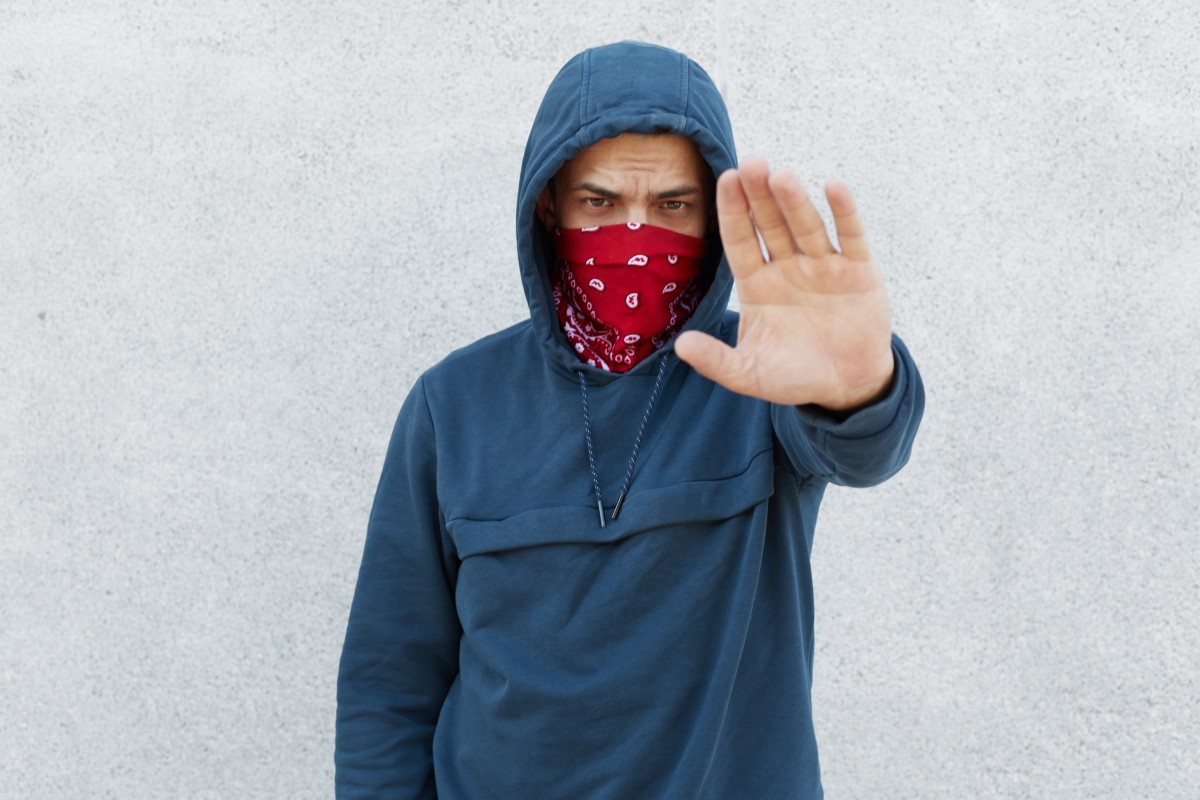
Coexistence in a homeowners' association can be severely disrupted when a neighbour engages in dangerous or disruptive behaviour, such as noise, threats, violence or vandalism.
This not only affects the community’s harmony but can also put other residents at risk, particularly those who confront the problematic neighbour.
How should you deal with a dangerous neighbour causing problems in your homeowners’ association in Spain?
How to deal with a dangerous neighbour
Not all troublesome neighbours are the same. An annoying neighbour might be someone who plays loud music, blocks your garage or simply disregards community rules. A dangerous neighbour, on the other hand, is someone who resorts to threats or violence when confronted.
If the situation involves intimidation, physical assault or any conduct that could constitute a criminal offence, any affected resident has the right to report it to the police or Civil Guard. In serious cases, you may also request a restraining order or other protective measures.
In such situations, it’s always best to proceed with caution, especially when the behaviour becomes aggressive or unpredictable. Here are the steps you should follow if you're dealing with a dangerous neighbour.
1. Document the facts
Before taking any action, it is essential to gather evidence, such as audio or video recordings (within legal limits), police reports, medical documentation in the event of assault and witness statements. It is also advisable to keep a detailed chronological record of all incidents, including dates, times and the nature of the behaviour.
“The installation of video surveillance cameras in communal areas serves a dual purpose: on the one hand, it acts as a deterrent to those intending to engage in criminal or harmful conduct against people or property; on the other, it records images that may later serve as evidence before the national police or in court,” explains Patricia Briones, solicitor and technical secretary of the Madrid Association of Property Administrators (CAFMadrid).
2. Inform the community administrator or chairperson
The issue can be formally reported to the chairperson of the community and/or the property manager. They may act as initial mediators and convene a homeowners' meeting to address the matter. In addition, they can issue a written notice to the problematic neighbour, demanding disruptive behaviour stop immediately.
3. Call a homeowners' meeting
If the behaviour continues, the community may convene an extraordinary meeting to assess the situation and, if deemed appropriate, initiate legal proceedings. The Horizontal Property Law (Ley de Propiedad Horizontal – LPH) permits the community to take legal action against any owner or tenant who engages in activities that are disruptive, unhealthy, harmful, dangerous or unlawful.
4. Legal proceedings
"The LPH provides for the possibility of filing an injunction in response to activities that are disruptive, unhealthy, harmful, dangerous or unlawful," explains Patricia Briones. "In such cases, the community chairperson – either on their own initiative or at the request of any owner or resident – must formally require the person responsible to immediately cease the prohibited activities, warning that legal action may be taken."
"If the offender continues with the behaviour, the chairperson, with prior authorisation from the homeowners’ board duly convened for this purpose, may file for an injunction. In cases not specifically covered under this article, the matter will proceed through ordinary legal proceedings," she adds.
What is an injunction?
An injunction is a legal procedure that enables the chairperson of a homeowners’ association, with prior authorisation from the board, to initiate a standard lawsuit against a resident who continues to engage in prohibited conduct. Before this can take place, the individual must have received a formal written warning, and the board must have granted its approval.
Once the lawsuit is filed, the judge may order an immediate injunction for the disruptive activity and adopt any necessary measures to ensure compliance. If the court rules in favour of the community, it may impose a permanent ban on the activity, award compensation for damages caused, and, in serious cases, order the temporary loss of the right to use the property for a period of up to three years. If the offender is not the property owner, they may also lose all rights of occupancy and be evicted.
